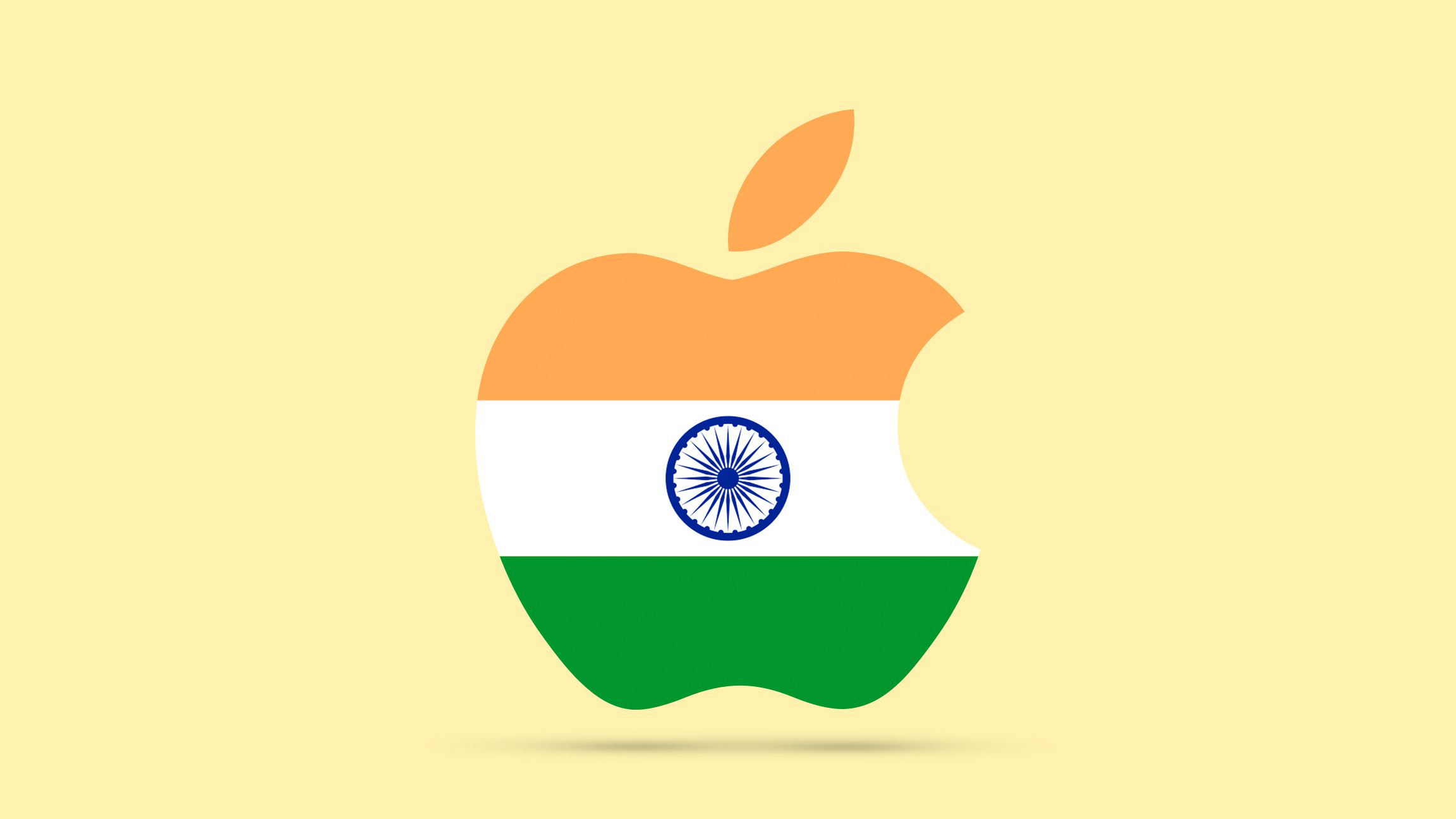For a long time India has been a promising country that simply did not deliver. That is now changing. There are thousands of tech startups that prove the point. But the move by Apple to start iPhone production in India is a huge symbolic step. That is Apple saying India seems to have done its homework.
India needs a huge manufactuting base to create the large number of jobs it needs for its huge young population. The intractable labor and land laws mean most Indians end up in what gets called the "informal sector." There is a lot of entrepreneurship going on in that informal sector. People do so much with so little. It is heartwarming to see many of those street vendors take digital payments seamlessly.
Google getting an Indian CEO was a big symbolic step. Microsoft getting an Indian CEO was a big symbolic step. That CEO taking Microsoft from 200 billion to over a trillion was big. The recent ChatGPT move on the part of Satya Nadella has been huge and symbolic. And now this move by Apple adds to that momentum.
The two biggest democracies are attemtpting sync.
Apple begins making the iPhone 14 in India, marking a big shift in its manufacturing strategy
Rewriting the Rules of Audience Targeting The way people and tools are handling personal data is fundamentally out of sync with the new privacy-focused world. .......... what if we could personalise advertising without systematically collecting and exposing personal data? ....... The ad industry is fast approaching a crisis point. Cookies are disappearing, mobile IDs are vanishing, and consent rates are falling. This is an existential threat, not just to internet advertising but to the internet in general. If advertising fails, then business models supporting the open internet will fail, professional journalism will struggle, and the internet as we know it will be swallowed up by the walled gardens. ........ the pervasive surveillance of our every move online can no longer continue. ....... a high-level understanding of what publishers needed, a good grasp of privacy rules, very good knowledge of technology and tons of ideas. The canvas they were using to draw the building blocks of what would then become ID Ward (now Anonymised) was truly blank. ......... They spent months absorbing information from all corners of the advertising world, learning the jargon, diving into the tech, figuring out which tools were compliant and which were marketing a lie. They found that regulatory compliance isn’t sexy enough to sell, that companies were happy to break the law if it meant hitting revenue targets, and that leadership was hard to find. In short, they learnt that the industry was, well, a bit of a mess. Convincing a huge, chaotic, fragmented industry that they had to radically change the way they treated data was always going to be difficult, but the need for change was greater than they originally thought and time was on their side. .......... a mission to decouple personalised advertising from personal data. ........ make digital advertising fit for the future and protect advertising business models that support a free, independent internet. There is a direct connection between brands’ ability to speak to consumers online, the ability of journalists to report facts to the public and our right to be informed from a plurality of sources without breaking the bank. ......... without all of the snooping and systematic privacy invasions that are currently rife in the advertising industry ........ By replacing people’s personal data with anonymous datasets across the entire digital advertising ecosystem .


No comments:
Post a Comment